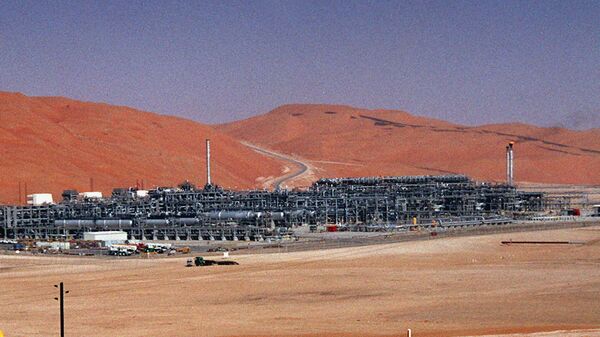As the sources of the publication note, during May the volume of production in the kingdom was increased by more than 100 thousand barrels per day, reaching about 10 million barrels a day. This month, officials plan to increase the figure by no less than another 100 thousand barrels a day, the newspaper notes.
READ MORE: OPEC-Non-OPEC States to Ease Oil Production Restrictions Within Month — Novak
"This step will help reduce concerns in the markets," the WSJ article noted, adding that there are worries about interruptions in oil supplies from Iran.
OPEC and several non-OPEC oil producers reached a deal in Vienna in 2016, agreeing to cut oil output by a total of 1.8 million barrels per day in an effort to stabilize global oil prices. The non-OPEC states pledged to jointly reduce oil output by 558,000 barrels per day, with Russia pledging to cut production by 300,000 barrels daily.
The news comes in the wake of a report by Reuters saying that just before US President Donald Trump announced his decision to withdraw from the Iran nuclear deal, the White House allegedly attempted to ensure that Saudi Arabia would help maintain oil prices at a stable level. According to reports, a senior Trump administration member allegedly made a call to Riyadh in a bid to ensure that Saudi Arabia would help deal with a possible decrease in oil output.
In May, Donald Trump announced his decision to withdraw from the Joint Comprehensive Plan of Action (JCPOA), which ensures that Iran won't develop a nuclear arsenal in exchange for an end to sanctions.



